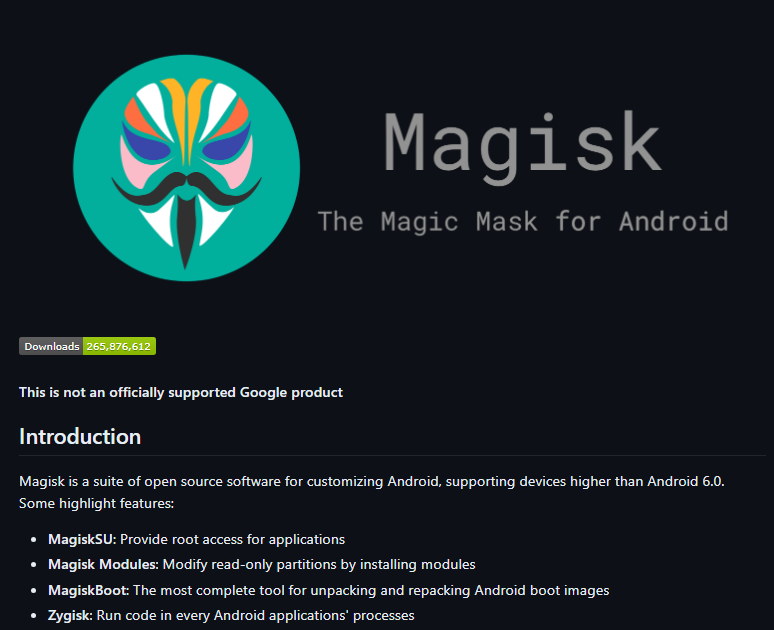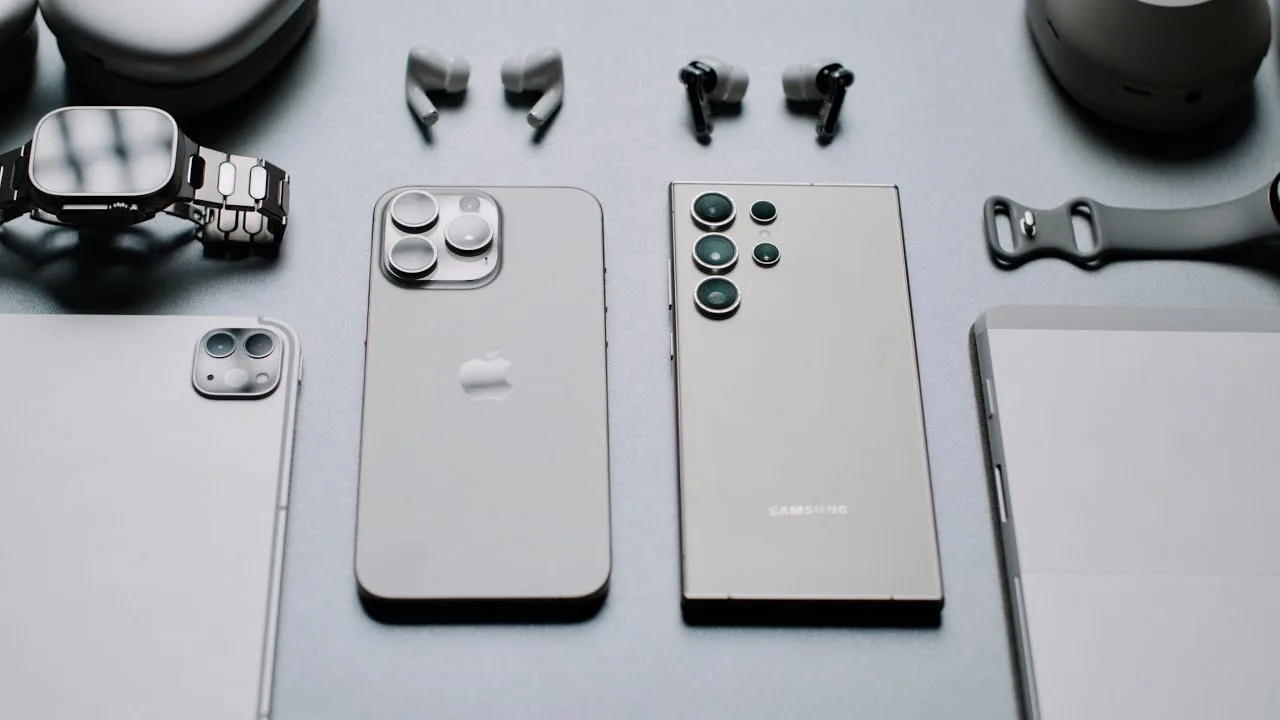In the rapidly evolving landscape of digital assistants, the competition between Google Assistant and the newly introduced Gemini on the Pixel 8 Pro provides an intriguing case study. This comprehensive analysis explores their capabilities, comparing their performance across a series of commands ranging from basic tasks like setting timers and alarms, to more complex requests such as converting measurements and handling offline commands.
Google Assistant, a long-standing contender in the realm of digital assistants, is known for its seamless integration with Google services, wide range of capabilities, and intuitive user interface. On the other hand, Gemini emerges as a novel competitor, aiming to redefine user interactions with digital assistants through advanced features and enhanced processing of complicated commands.

Performance Comparison
The comparison was meticulously structured, evaluating the assistants’ ability to understand and execute a variety of commands, including simple tasks like setting a timer, to more nuanced requests like sending messages, converting currency, and providing navigation instructions. Each assistant’s response was evaluated for accuracy, speed, and the ability to handle the command without user intervention.
Basic Commands
In basic tasks such as setting timers and alarms, both assistants performed adequately, though Google Assistant exhibited a slight edge in processing speed and the ability to execute commands without manual intervention. This advantage was particularly noticeable in scenarios requiring the assistant to interact with the device’s hardware or settings, like turning off Bluetooth or adjusting brightness settings.
Moderate to Complex Commands
As the complexity of the commands increased, differences in the assistants’ capabilities became more pronounced. For instance, in converting measurements and currency, both assistants provided accurate results, but Google Assistant’s responses were typically faster and more user-friendly.
A notable divergence in performance was observed in tasks involving communication, such as sending messages or making reminders. Here, Google Assistant’s integration with the device’s native applications and its ability to understand context resulted in a more seamless user experience. Conversely, Gemini struggled with reminders and communication-related tasks, often requiring additional user input to complete the command.
Advanced and Custom Commands
In the realm of more advanced requests, such as creating cover letters or generating images from text, Gemini showcased its strengths. It demonstrated a remarkable ability to handle complex, less frequent commands that Google Assistant could not process as effectively. This suggests that Gemini’s design might be more suited for tasks that require a higher level of cognitive processing and customization.
Conclusion: Google Assistant vs. Gemini
The comparison reveals that while Google Assistant remains a robust, reliable choice for everyday tasks and seamless integration with Google services, Gemini offers promising advancements in handling more complex, specialized commands. However, Gemini’s performance is hindered by its inconsistency and the need for internet connectivity for all commands, unlike Google Assistant, which supports offline commands.
For users seeking a digital assistant that excels in daily tasks and offers reliable performance with minimal manual intervention, Google Assistant is the preferred choice. However, for those who value advanced features and are willing to navigate the occasional need for additional input, Gemini presents an intriguing alternative.
Recommendations for Future Optimization
To bridge the gap between these assistants, it is recommended that future updates for Gemini focus on improving its ability to process everyday tasks with the same efficiency as Google Assistant. Additionally, enhancing Gemini’s offline capabilities could significantly increase its utility and user satisfaction.





2 thoughts on “Google Assistant vs Gemini: The Ultimate Showdown on Pixel 8 Pro”